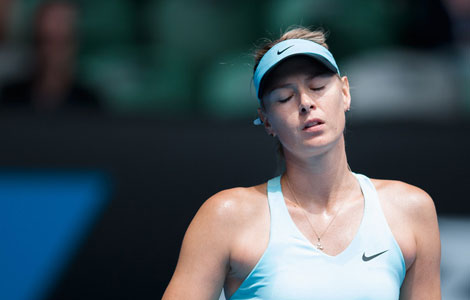

RIO DE JANEIRO - The Rio 2016 Olympic organizing committee has vowed to avoid seeking public funds despite a 25 percent rise in its operating budget to about seven billion reais (2.91 billion US dollars).
In a press conference on Thursday, Rio officials blamed higher costs on inflation and new sports on the Olympic program.
"(We) have undertaken a line-by-line critical analysis of the budget, to balance known spending commitments and be able to meet new obligations as they arise," the organizing committee's CEO Sidney Levy said.
"We are striving to achieve a zero contribution of public funds to the committee."
Rio's original budget, announced when the city was awarded the Games in September 2009, was 5.6 billion reais.
A month later the International Olympic Committee (IOC) added rugby sevens and golf to the Olympic program.
According to Rio officials the the majority of the budget has been backed by sponsors, ticket sales, licensing and an IOC grant.
The initial figure included donations of 1.4 billion reais in public funds.
"There was a negotiation process with the government and they signed off our budget," Rio 2016's chief operating officer Leo Gryner told reporters.
"They said, 'OK, this is a good use for the seven billion reais you raised. You are going to spend that. Everything else will be covered by us.'"
According to government data, inflation rose 5.91 percent in Brazil last year. The Brazilian reai has lost 27 percent of its value against the U.S. dollar in the past four years.
The use of public money for the Olympics and this year's FIFA World Cup has touched a raw nerve with many Brazilians.
Nationwide anti-government protests that began during the FIFA Confederations Cup last June have continued in major cities like Rio de Janeiro and Sao Paulo.
Demonstrators have voiced their concern that billions of dollars are being spent on stadiums instead of vital services like education, health and transport.







